By Gertrude Chavez-Dreyfuss
NEW YORK (Reuters) – The U.S. dollar rose in choppy trading on Tuesday, after data showed hotter-than-expected inflation last month for the world’s largest economy, slightly paring back expectations of an interest rate cut by the Federal Reserve at its June policy meeting.
It was a volatile session, with the U.S. dollar initially jumping after the data, then falling and eventually rising after the market digested the report. The was last up 0.2% at 102.95.
The Labor Department report showed that the Consumer Price Index (CPI) rose 0.4% in February, in line with the forecast for a 0.4% increase. On a year-on-year basis, the CPI gained 3.2%, compared with the estimated 3.1% rise.
Excluding volatile food and energy components, the core figure rose 0.4% month-on-month in February, compared with an estimated 0.3% rise. Annually, it gained 3.8%, compared with the forecast of a 3.7% increase.
“The CPI wasn’t a significant surprise, but it’s firmer than expected. While some of the details of the report were encouraging, it still suggests that we’re not quite at the point that the Fed should be comfortable cutting rates,” said Vassili Serebriakov, FX strategist at UBS in New York.
“It probably keeps the debate alive about the June cut, but probably more immediately this plays into what the Fed will be projecting in terms of the dot plot at the next meeting. We’ll probably be discussing the possibility that there may be less than three cuts.”
U.S. rate futures have priced in a 69% chance of a rate cut at the June policy meeting, according to the LSEG’s rate probability app. That was at roughly 71% late on Monday.
remove ads
.
The market has also factored in two more cuts of 25 basis points each for the year, taking down the fed funds rate to 4.49% by the end of 2024.
Next on the agenda for currency investors would be U.S. retail sales, an indication of consumer spending which has been resilient so far, and producer prices.
Against the yen, the dollar was up 0.5% at 147.66. The yen fell after Bank of Japan Governor Kazuo Ueda offered a slightly bleaker assessment of the country’s economy than he had in January, while Finance Minister Shunichi Suzuki said Japan was not at a stage where it could declare deflation as beaten.
Their remarks come ahead of the BOJ’s policy meeting next week.
Japan’s largest trade union confederation, Rengo, has demanded pay rises of 5.85% this year, topping 5% for the first time in 30 years.
One-week implied volatility on dollar/yen, which measures expectations for price swings in the currency pair, jumped to 12.115% on Tuesday, its highest level since December, and was last at 10.877.
Elsewhere, the euro was flat at $1.0925, after hitting a roughly two-month high last week.
Analysts expect the European Central Bank to communicate on Wednesday the outcome of discussions on the Eurosystem’s operational framework review.
Money markets fully price in a first ECB rate cut by June and a total of 100 basis points of easing by year-end.
In cryptocurrencies, bitcoin was down 1.3% to $71,197, but remained just a whisker away from a record high set in the previous session.
remove ads
.
Ether peaked at $4,093.70, its highest since 2021, though later pared some of those gains to stand at $3,971.50, down 1.5%.
(This story has been refiled to fix a typo in the analyst quote and to remove the extraneous article ‘a’ in paragraph 5)
Read the full article here








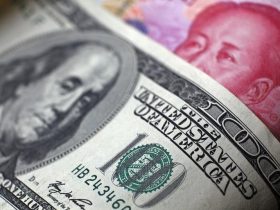
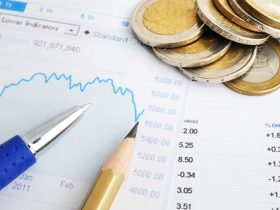
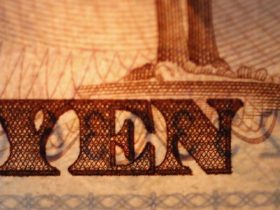
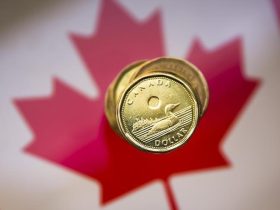
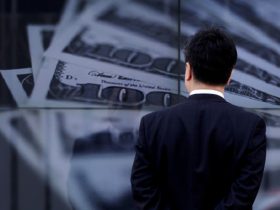
Leave a Reply